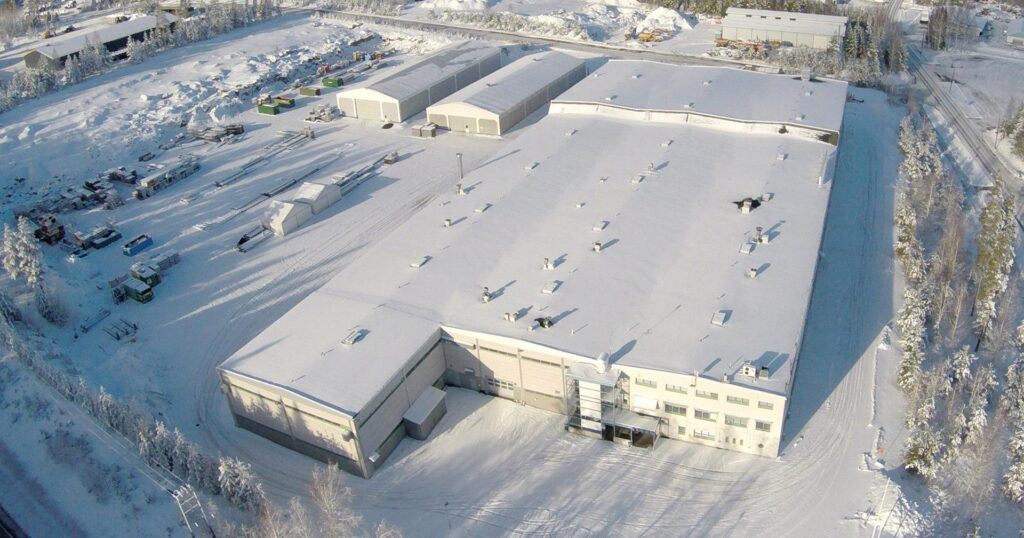Pinja was awarded the quality management system certificate for medical devices, supplies and software in accordance with the latest international ISO 13485 standard for the first time in 2017. The ISO 13485 certificate is renewed in three-year cycles, and in October 2020 the entire quality system was re-audited against the ISO 13485 standard. The certificate was issued to Pinja for a second time after a four-day audit.
The ISO 13485 certificate was renewed because of Pinja’s desire to maintain and develop its expertise in order to be a truly good partner for its customers, both in development projects and in continuous service provisions.
– The ISO 13485 certification helps us to better understand the customers’ daily work and quality systems, enabling us to support the customer in product development challenges, be it risk management, change management or anything related to the medical device development process, documentation or technical files, concludes Petteri Väisänen, Business Manager of Pinja’s Digital Business unit. Pinja acts as a product development partner for companies manufacturing medical devices and developing software. The law does not require Pinja to have a quality management system certificate, but it significantly facilitates cooperation, especially from the customer’s point of view, as the customer no longer has to audit Pinja’s operations separately.
– ISO 13485 creates a common language with the customer and is a testament to Pinja’s expertise in software and product development for medical devices. Our customers can retain confidence in us knowing how to do things at the level required by standards and regulations (MDR), claims Juha Sippola, who works as a Quality Manager in Pinja’s Health and Well-being Technology business unit.
The Medical Devices Regulation (MDR) will enter into force in May 2021. The Medical Devices Regulation changes the responsibilities of medical device manufacturers. Manufacturers must control their entire supply and distribution chain, which means that an ISO 13485 certificate facilitates the manufacturing process when suppliers are required to have one. In addition, quality systems become mandatory for medical device manufacturers.
The number of devices covered by the Medical Devices Regulation has increased, and at the same time the risk classification of medical devices has also changed, which has led to multiple software being upgraded to a higher risk category. Due to the higher risk category, the manufacturer’s burden in quality verification and risk management also increases. From this point of view, it’s a sensible decision to choose a certified partner who already knows the requirements of the regulation and acts in accordance with it. The new Medical Devices Regulation and the risk management standard updated last year place an increasing emphasis on post-production activities.
– Quality management measures must continue even after the product has been placed on the market. It is not enough to take care of the requirements and risks at the manufacturing stage. The manufacturer is also expected to collect feedback, compile reports and process corrective measures, after production as well, says Sippola.
Successful residual risk management requires device manufacturers to work closely together with suppliers. As a product development partner, Pinja offers its customers comprehensive support and maintenance services in accordance with the ISO 13485 quality system. Recently, Pinja has invested in a Service desk portal, which is a direct contact channel for support services for Pinja’s customers.
Overall, the quality system certification affects Pinja’s entire team. Obtaining the certificate has been a significant investment in service quality, and staff training is also an important part of the process. Knowledge of medical devices and expertise in quality systems have been implemented at Pinja, from the management of the unit to software developers.
Read more
Guide: Medical Device Regulation and Software Development – Key points to consider


